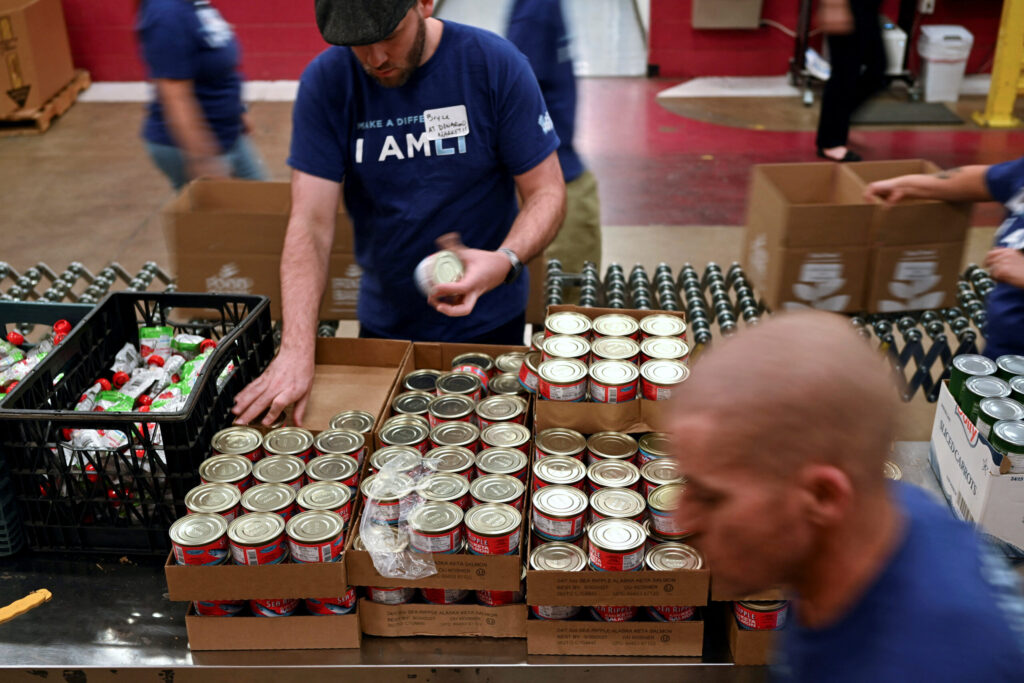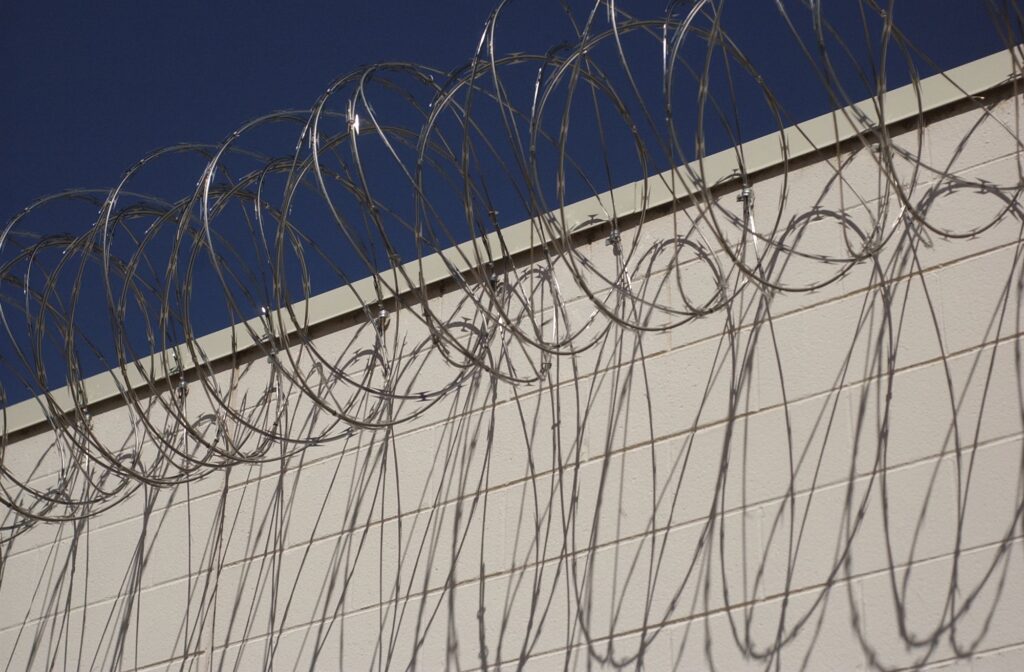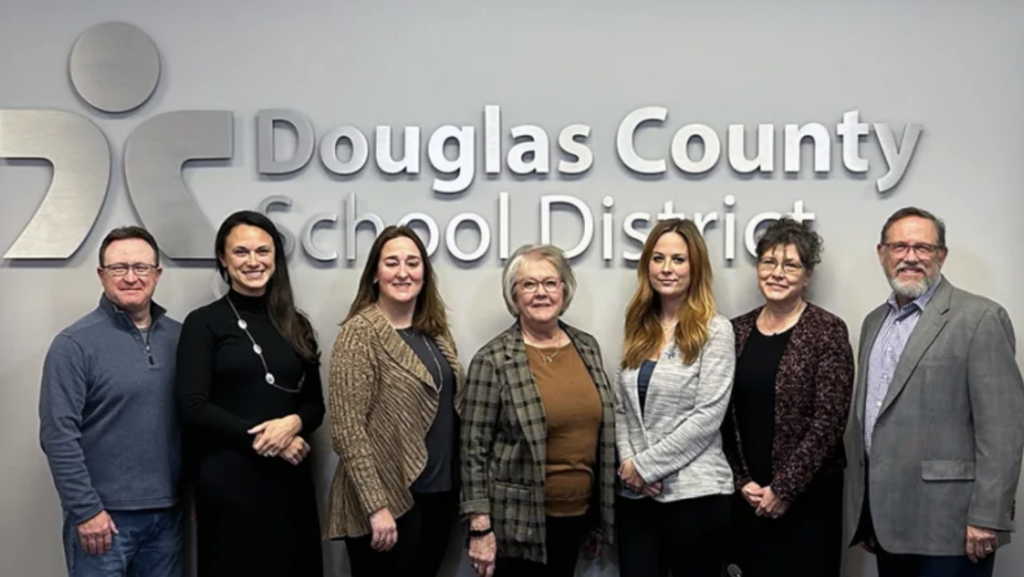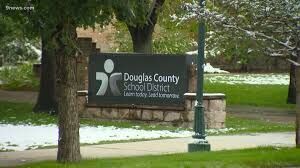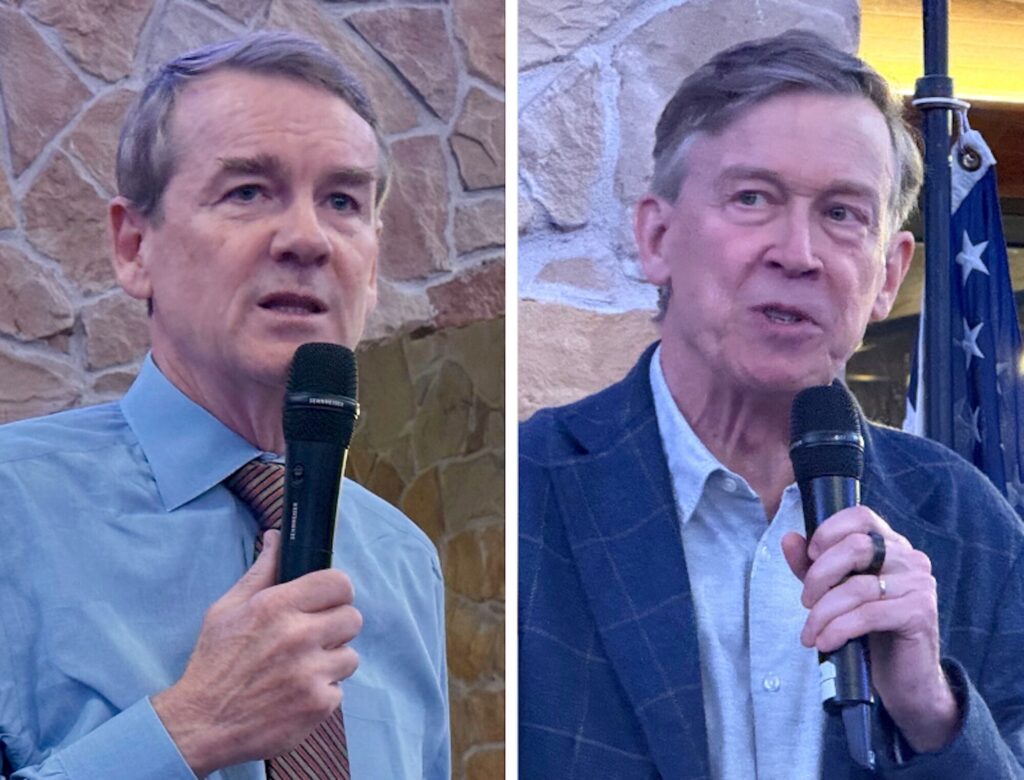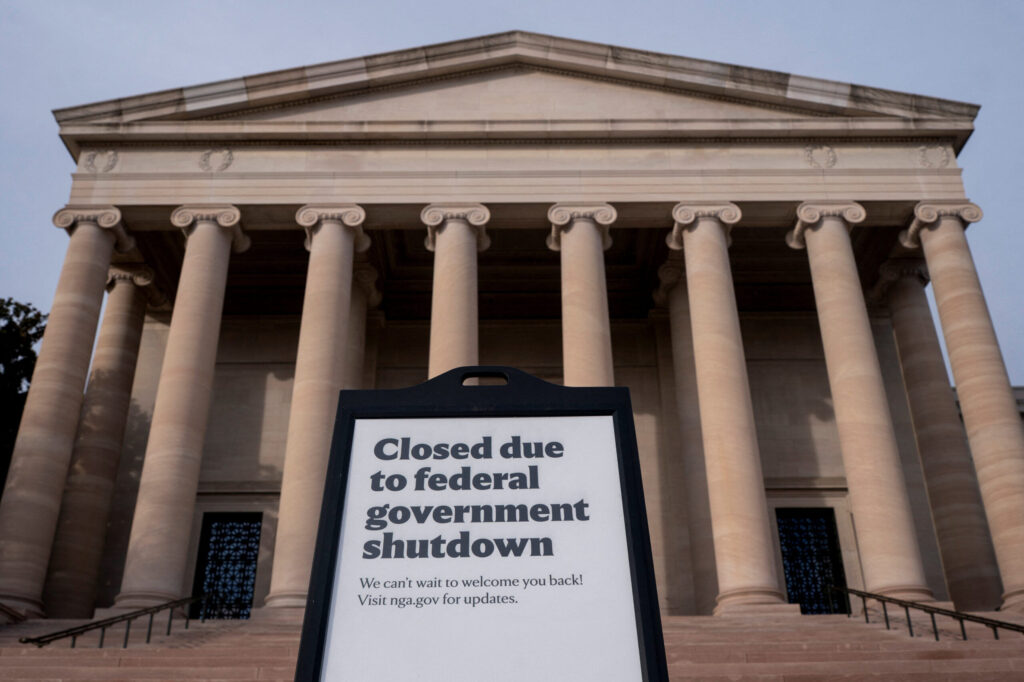Colorado House panel approves nearly $30 million in wildfire mitigation grants

A House panel on Thursday passed three bills that aim to spend nearly $27.5 million over the next two years on grant programs to encourage mitigation strategies and combat more frequent and intense wildfires.
Lawmakers are considering the bills less than two months after the Marshall fire – the most destructive wildfire in Colorado history – tore through Boulder County, burning over 6,000 acres and destroying more than 1,000 homes. Record-breaking wildfires have become more and more common in the state, with the three largest wildfires in Colorado history all occurring in 2020.
If enacted, House Bills 1007, 1011 and 1012 would establish three separate grant programs, all intended to increase wildfire mitigation efforts through financial incentives. The Wildfire Matters Review Committee brought forth the three bills, plus two others focusing on increasing resources for volunteer firefighters and creating wildfire awareness campaigns.
“It is clear that we must do more to protect Colorado from wildfires,” said Rep. Lisa Cutter, committee chair and sponsor of HB-1011 and HB-1012. “Our inability to meet the challenge of wildfire mitigation has cost our state dearly.”
Cutter, D-Littleton, said Colorado mitigated only 6% of the state’s high-priority target areas from 2008 to 2017. In addition, the Colorado State Forest Service estimates that Colorado’s wildfire mitigation efforts are underfunded by nearly $4.2 billion.
“As the Marshall fire demonstrated, no neighborhood is immune from the consequences and the devastation of wildfires,” said Rep. Marc Snyder, D-Colorado Springs, sponsor of HB-1011. “We can no longer afford just to sit back with the status quo. We have to work with everything we can to reduce the damage that wildfires are inflicting on our communities and our state.”
The most expensive bill of the bunch, HB-1011, would cost $6.9 million in 2023 and just over $20 million in 2024 to match money that local governments designate for forest management or wildfire mitigation efforts. The grant program would fund efforts such as forest thinning, wildfire fuel reduction and public outreach.
HB-1012 would add a supplementary grant program to the current Forest Restoration and Wildfire Risk Mitigation Grant Program. The new program would award grants to local governments for wildfire prevention and recovery efforts that reduce the amount of carbon that enters the atmosphere. Eligible activities include wood removal and tree planting. By using the existing cash fund, the program would cost around $130,000 in administrative costs through 2024.
Finally, HB-1007 would create a grant program for recipients who conduct outreach among landowners in wildfire hazard areas about available resources and best practices for wildfire mitigation. The program would provide approximately 30 grants per year, averaging $10,000 each, to local governments, counties, municipalities, special districts, tribal agencies and nonprofit organizations.
“As wildfires become more frequent here, we’re working in a bipartisan way to help owners save money on mitigation efforts,” said Rep. Donald Valdez, D-La Jara, sponsor of HB-1007 and HB-1012. “These bills will help our communities continue to move forward in more ways than one after wildfires.”
HB-1007 would also end a tax deduction for landowners that offsets wildfire mitigation expenses, replacing it with an income tax credit beginning in 2023. The tax credit would reimburse 25% of the expenses – up to $625 per year – and would be available to landowners with taxable income of up to $120,000. The existing tax deduction covers 100% of expenses but will move to cover 50% in 2023 if it is not replaced by the bill. The existing tax deduction is also scheduled to expire after 2024.
No entities have spoken against any of the three bills; however, some people testified asking for the $120,000 income cap in HB-1007 to be removed or increased.
Elizabeth Peetz of the Colorado Association of Realtors said the cap “removes the ability for individuals to be a part of the solution.” Bill sponsors said they would consider changing the cap.
Organizations in support of the bills include Colorado State Fire Chiefs, Colorado Association of Home Builders, Healthy Air and Water Colorado, Colorado Communities for Climate Action, Colorado Rural Electric Association, and the cities of Aurora, Boulder, Colorado Springs, Firestone, Fort Collins, Fountain, Monument and Pueblo.
HB-1007 passed the panel unanimously, while HB-1011 and HB-1012 received 9-3 and 11-1 votes, respectively. Rep. Andres Pico, R-Colorado Springs, was the only panel member to vote against both bills.
“Why are we paying local landowners to do their own mitigation when their big incentive would be to keep their house from burning down?” Pico asked. “I absolutely believe mitigation is critical but … why should the state be paying local landowners to take care of their own property?”
In response, the bill sponsors said the increasingly devastating nature of Colorado’s wildfires makes it a state issue and that it is up to state policymakers to step up and help prevent future tragedies.
“We are long overdue to create a sustainable, forward-thinking plan to reduce the impact wildfires have on our state,” Cutter said. “Coloradans are counting on us to do more.”



